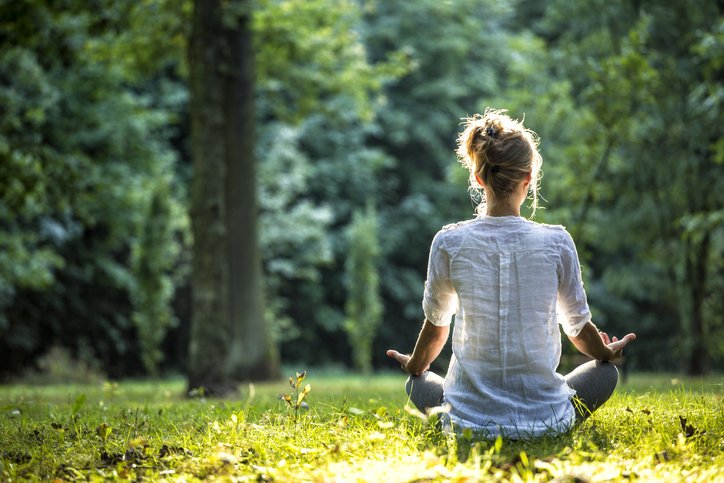
By Beka Mullins, M.A., LPC Intern
Supervised by Jed Harris, M.S., NCC, LPC Supervisor
The psychological and social effects of the reaction to this virus may overshadow the virus itself. The interruption of our routines and lifestyle, the uncertainty and feelings of helplessness, along with the economic pressures, will put a strain even on the most resilient individuals. Our attempts to control the spread of the virus also disrupt or completely prevent our typical investments in mental well-being. Activities such as going to the gym, attending yoga classes, participating in cooking or art classes, or even joining worship services are no longer available.
To navigate this period while maintaining our mental well-being, we may need to embrace new approaches and adapt existing strategies.
Perhaps the most impactful step is to let go of what we cannot control and concentrate on what we can.
Let Go of What I Can’t Control
- how long this situation will persist
- the behavior or mood of my family or roommates
- the availability of items in stores
- social media posts
- whether or not others are following social distancing guidelines
- governmental actions
- if my loved ones or I become ill
- the weather
Concentrate on What I Can Control
- my mindset
- my exposure to news
- adherence to healthcare guidelines
- the amount of time I spend online
- allowing myself to experience a range of emotions
- how I spend my time and prioritize self-care
- my approach to social distancing
- the way I treat others
Additional Suggestions for Supporting Mental Health
- Establish consistent daily routines that nourish both your mind and body. Spend time outdoors, connect with friends, read, meditate, pray, hydrate, eat nutritious foods, and practice gratitude.
- Engage in relaxation techniques, deep breathing exercises, or yoga to soothe your nervous system. We’re all experiencing heightened stress, so regularly practicing these techniques can help restore calmness.
- Create a quarantine bucket list of enjoyable activities, new experiences you’d like to try, and tasks you’ve delayed that you now have time to address.
- Reach out to others. Human connection is essential for mental, emotional, physical, and spiritual thriving. Organize conversations with neighbors from your driveways or balconies, or host online game nights with friends. We are fortunate to have technology that facilitates these interactions, unlike previous generations.
- Exercise patience with yourself and others; everyone is doing their best to navigate this unusual and challenging time.
- Continue taking prescribed medications and vitamin supplements.
Many mental health practitioners are now offering telehealth services (therapy via video). If you’re finding it hard to cope, consider utilizing this resource to enhance your personalized coping skills toolkit.
Editor’s Note: Beka Mullins is a Licensed Professional Counselor Intern under the supervision of Robin Rice, M.Ed., LPC-S. She supports children and teens in developing resilience. Beka is part of an exceptional team at The Counseling Place in Richardson, TX. www.counselingplace.org
Read more at www.goodlifefamilymag.com






